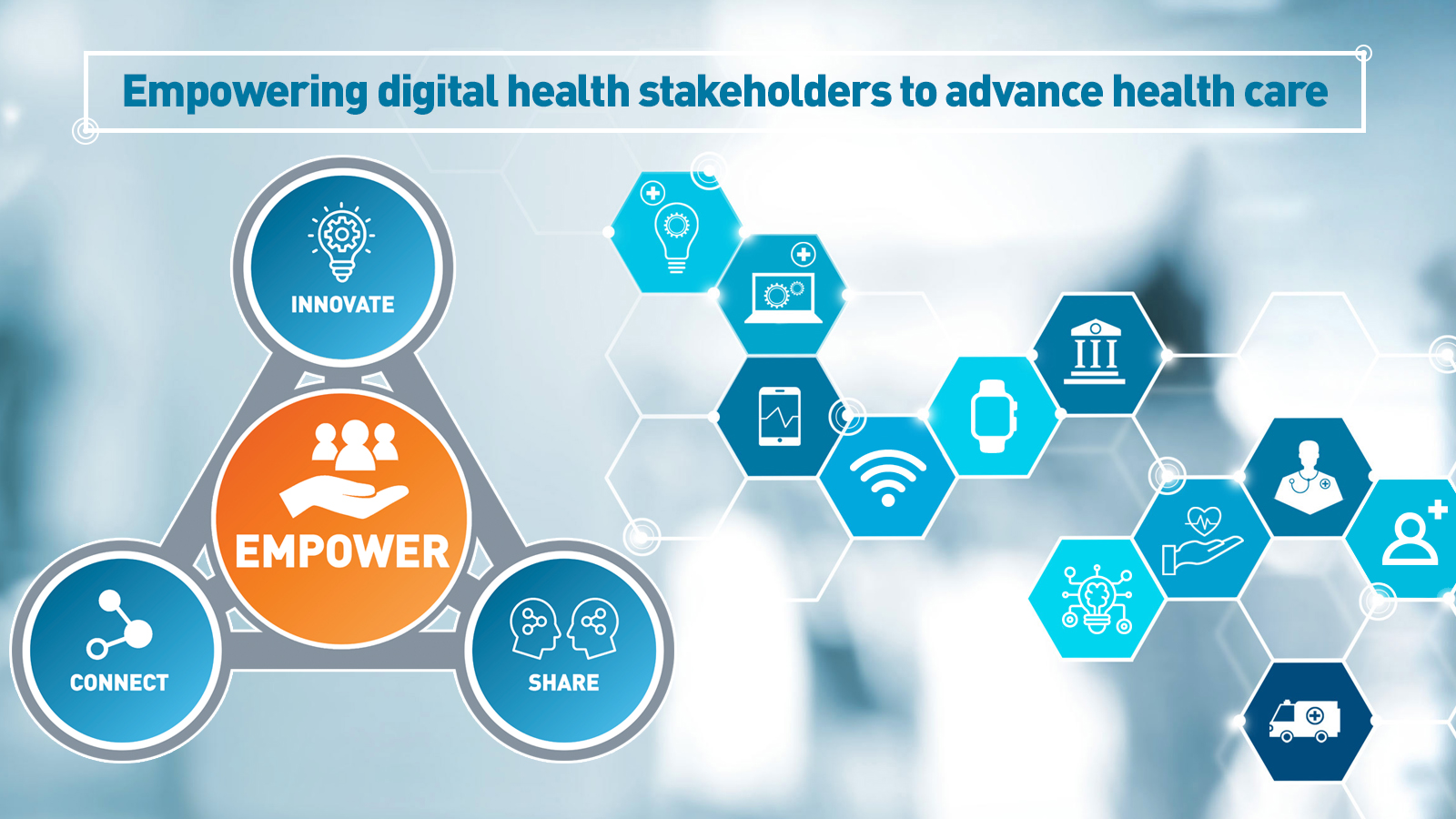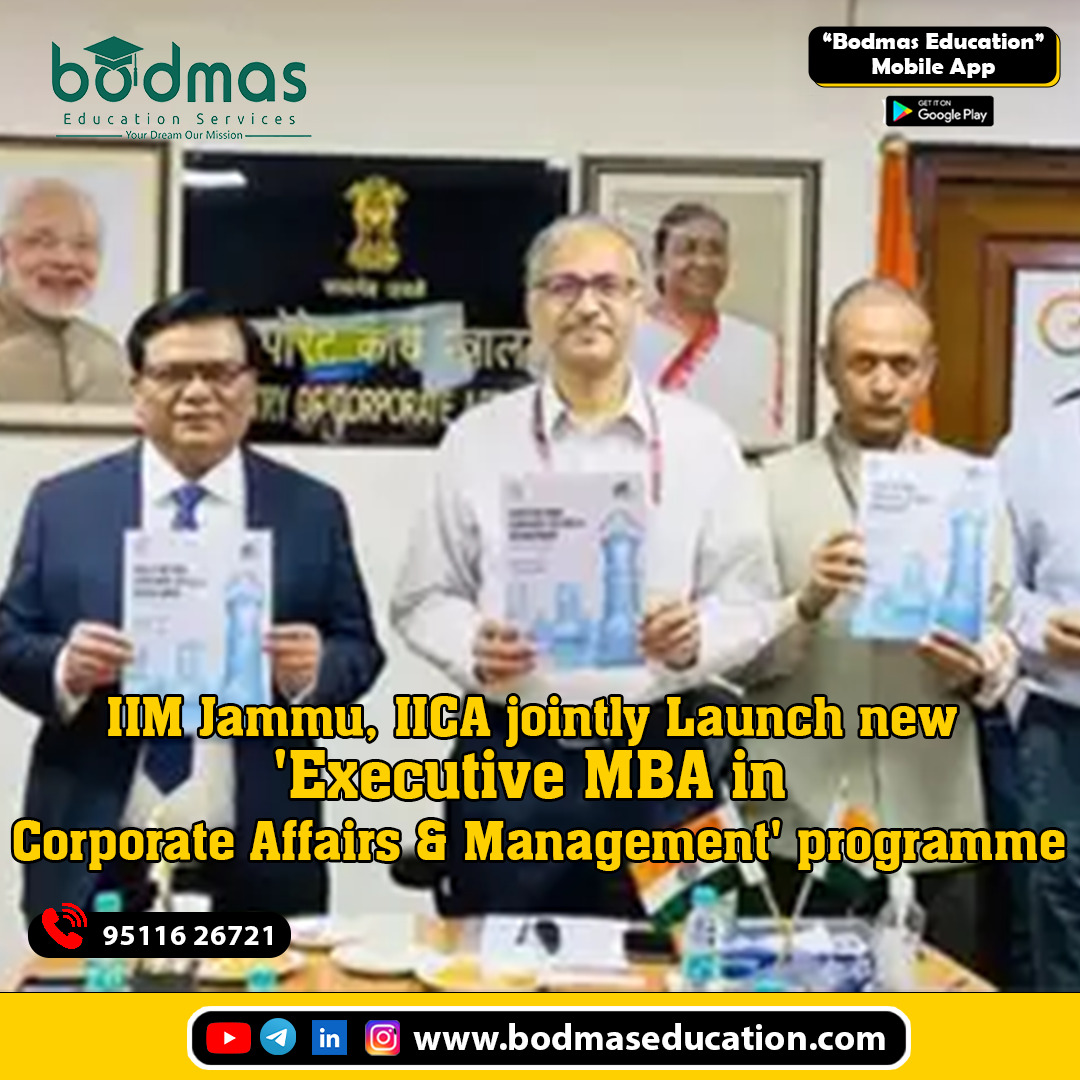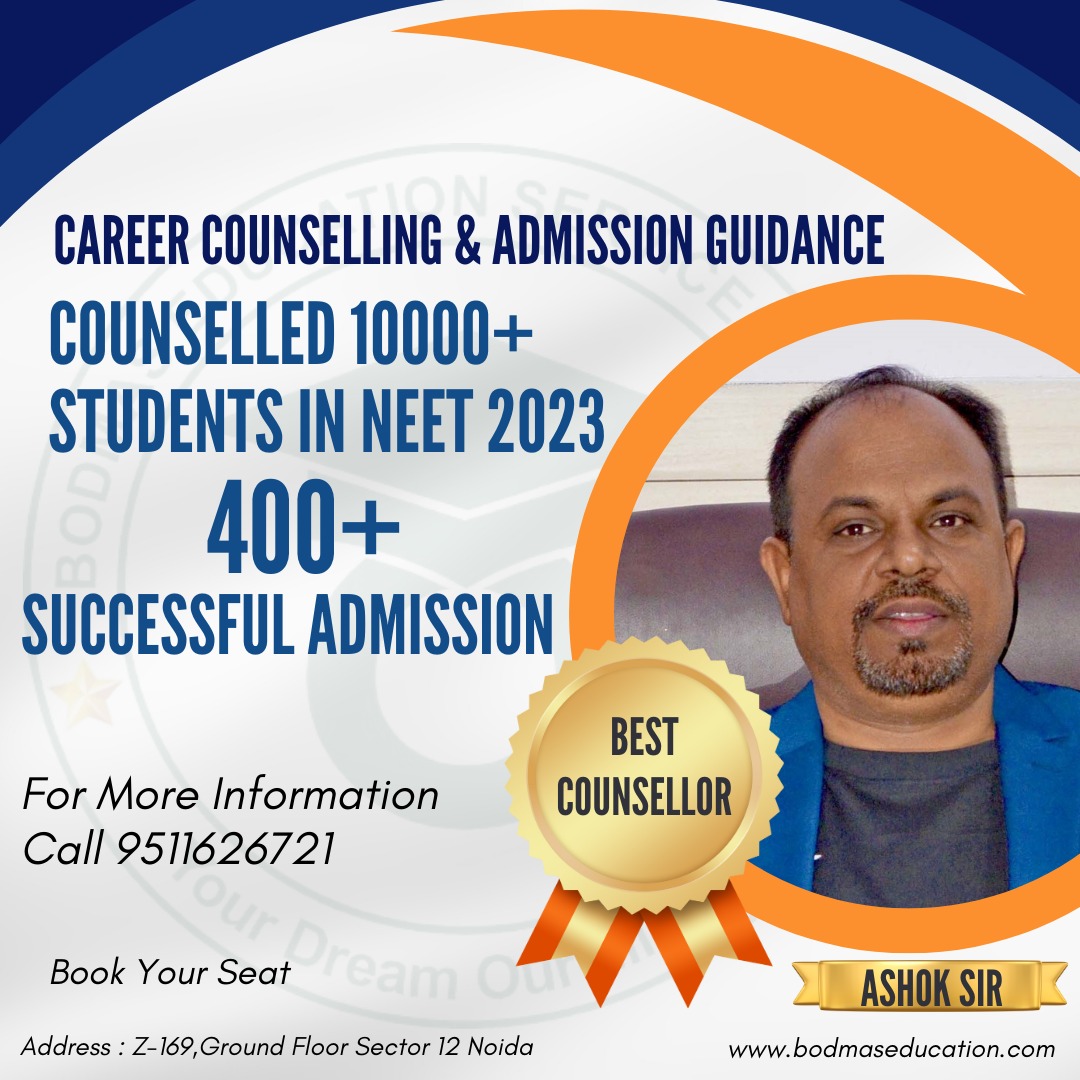Four-Year UG Programme: Enhancing Higher Education Opportunities
The University Grants Commission (UGC) has made a crucial announcement in advance of the undergraduate admissions for the 2023–24 session. The UGC has announced that 105 universities, including 19 central universities, are poised to launch the Four-Year Undergraduate Programme (FYUGP) in an effort to improve chances for higher education. This tactical choice is consistent with the National Education Policy (NEP) of 2020’s recommendations, which stress the value of flexible academic pathways and transdisciplinary learning opportunities.
The Four-Year UG Programme is Accepted by Central Universities
Well-known central universities have enthusiastically embraced the implementation of the four-year undergraduate programme, including Delhi University, Aligarh Muslim University, Viswa Bharti University, Assam University in Silchar, Tezpur University, Central University of Jammu, Sikkim University, National Sanskrit University, and Maulana Azad National Urdu University. These prestigious universities hope to offer students a thorough education by using this strategy, which combines holistic learning, main specialisation, and investigation of lesser areas.
A Wide Range of Universities Participating
Numerous additional institutions will also roll out the four-year undergraduate plan in addition to the key universities. Over 40 deemed-to-be institutions, 18 state private universities, and 22 state universities are all included in this comprehensive approach. The UGC ensures that students from various locations and backgrounds have access to this beneficial academic opportunity by including a wide range of educational institutions.
Recommendations from the NEP and a student-focused approach
The FYUGP’s implementation closely reflects the suggestions made by the NEP of 2020. The NEP placed a strong emphasis on the value of a student-centered approach and the availability of several exit choices during the undergraduate experience. Students may choose to graduate with a UG certificate after one year, a UG diploma after two years, or a Bachelor’s degree after completing the three-year programme under this framework. However, the four-year multidisciplinary Bachelor’s degree remains the best choice because it enables students to focus on their chosen major and minors while fully immersing themselves in a holistic and multidisciplinary educational experience.
The UG Programmes Curriculum and Credit Framework
The UGC has created a student-focused “Curriculum and Credit Framework for Undergraduate Programmes (CCFUP)” to implement the NEP recommendations. This framework includes a multidisciplinary approach, a flexible Choice-based Credit System (CBCS), and many entry and departure alternatives. Universities can provide a curriculum that meets the many interests and objectives of students by implementing this framework, promoting a well-rounded and thorough educational experience.
The Four-Year UG Program’s Structure
The organized path that the four-year undergraduate degree follows enables students to steadily increase their knowledge and expertise. There are eight semesters in the programme, and each one focuses on a distinct area of learning and specialisation. Let’s see how these semesters are divided:
Semesters 1, 2, and 3: Establishing a Foundation
Students are introduced to several areas during the first three semesters, giving them a strong foundation in knowledge. The natural sciences, social sciences, humanities, mathematics and computational thinking and analysis, and vocational education are all covered in these semesters. This all-encompassing approach guarantees that students gain a thorough understanding of many academic disciplines.
4th, 5th, and 6th semesters: major and minor specialisation
Students select a disciplinary or interdisciplinary field of study to specialise in during the course of the next three semesters. They can concentrate on their primary area of study while simultaneously learning about related fields. Students are encouraged to widen their intellectual horizons and build a multifaceted perspective using this method.
7th and 8th semesters: research and advanced coursework
Students work on research projects and take advanced disciplinary and integrative courses during the final two semesters. During this phase, they can put their acquired knowledge and abilities to use while learning more about the subject they have chosen. It encourages the development of critical thinking, problem-solving, and sophisticated research skills.
A important step towards expanding options for higher education has been taken with the implementation of the Four-Year Undergraduate Programme (FYUGP) at several universities in India. The National Education Policy (NEP) of 2020’s student-centered approach, transdisciplinary learning, and flexible exit alternatives have been meticulously included into the curriculum and credit system for undergraduate programmes. This innovative method of undergraduate education provides students with a broad base of knowledge, promotes specialisation, and stimulates a spirit of inquiry and invention. Universities are educating students for the opportunities and challenges of the future by adopting this innovative paradigm.

















